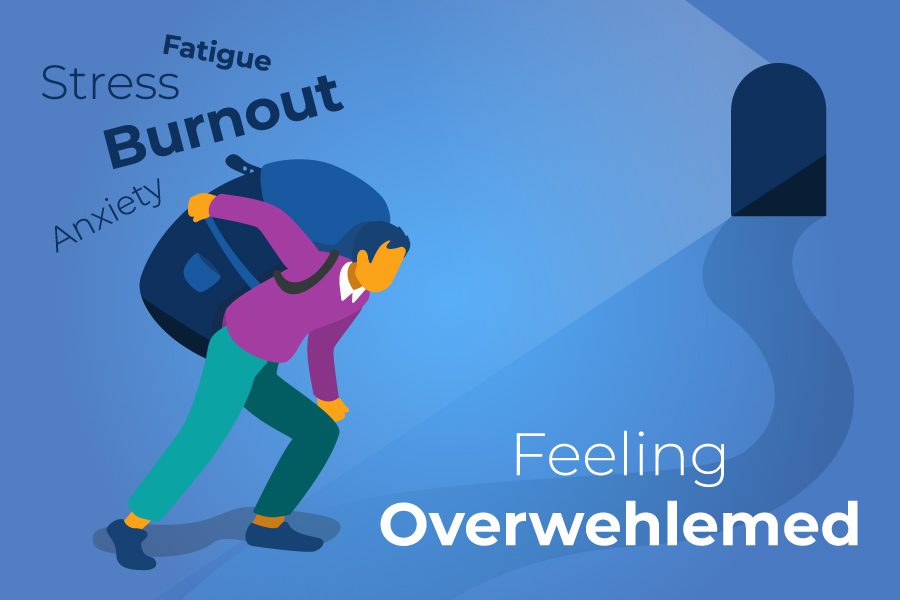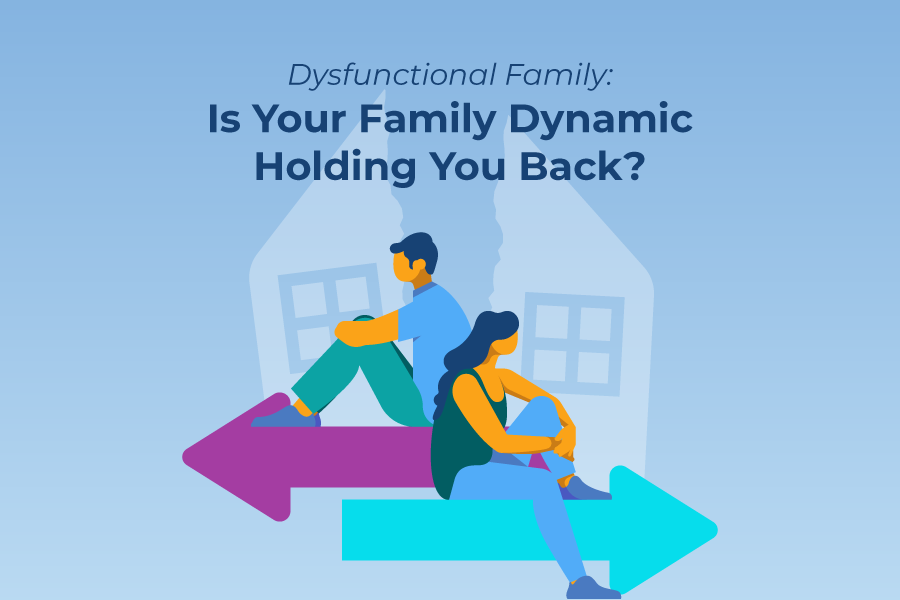In the 2006 film Failure to Launch, Matthew McConaughey plays a 35-year-old man still living in his parents’ house.
While the movie is a breezy romantic comedy in which a love affair ends up being the motivation that McConaughey’s character needs to grow up and move on, the reality of “failure to launch” can be quite painful for families, and the solution is not always so simple as a new love interest.
Failure to launch, or as it is sometimes called, Failure to Launch Syndrome, is used to describe a young adult (often, though not exclusively, male) who seems to get stuck in adolescence and is not reaching certain developmental milestones.
He or she may be struggling to live independently, to find a meaningful job or career, and/or to develop and maintain satisfying relationships.
Why Young Adults Experience Failure to Launch?
There are a variety of reasons that these young adults may find themselves stuck in neutral:
Economic
Entry-level workers are especially vulnerable in a weak economy. While the U.S. economy has recovered a lot since the Great Recession, there is a generation of young people who have struggled to find jobs even with a college degree.
Young people are also graduating from higher education with record amounts of debt. As a society, young people are hitting life milestones such as marriage, buying a house, and having children, later.
From this perspective, failure to launch does not represent so much an anomaly as an extreme expression of a larger cultural phenomenon.
Cultural
Whether or not someone is considered to have failed to launch at a given point is partly determined by the culture of which they are apart. In Italy, men often live with their families until they get married, sometimes well into their 30s.
Many cultures even within the U.S. have an expectation that multiple generations may live together under one roof. This does not necessarily represent dysfunction or failure to launch.
Lack of Motivation
Few people are motivated to change when they are satisfied with their current situation. In the case of Matthew McConaughey’s character in Failure to Launch, his mother continued to cook and clean for him while he lived rent-free.
In my experience working with teens and young adults, particularly of affluent families, many enjoy all the benefits of their parents’ lifestyle and fail to understand the work required to maintain such a lifestyle.
While there are some young people who will pursue work and career regardless of a belief that they will be financially well off even if they don’t, many people respond in a way that is essentially rational – why work, cook or clean if someone will do it for you?
Mental Health Concerns
Late adolescence can be a time when latent mental health concerns and neurodevelopmental difficulties emerge. Perhaps a young woman is bright and so is able to do well in her high school classes just by showing up to class.
It is not until she goes to a more rigorous college environment that underlying learning differences, struggles with executive functioning, and poor study habits really show up. For most young people, going away to college is the first time they have been on their own.
The change can trigger depression, anxiety, and other mental illness, and often they lack a support network of people who know them and can recognize these changes and support them in getting help.
This is also the time of life that many mental illnesses such as schizophrenia, obsessive-compulsive disorder, and bipolar begin to emerge.
Substance Use or Dependence
Rarely is there a singular direction of causality when it comes to substance use and the constellation of behaviors that surround it. Do people use marijuana because they are lonely? Yes. Do they become isolated and lonely as they retreat into marijuana use? Yes.
Often, the same young men who are struggling to find a meaningful direction in terms of education and career, who lack a sense of self-efficacy and independence, and who have not successfully made adult friendships, also turn to substances as a way to retreat from a reality in which they feel unsuccessful or overwhelmed, or as a way to turn down the pain of depression and anxiety.
However, over time these substances can create more problems than they solve as they impact motivation, affect the brain’s ability to feel pleasure, and further isolate the user.
While marijuana or other drug use may begin recreationally or as a way to self-medicate, users may develop a dependence that makes it difficult for them to break out of the rut that keeps them from launching.
What Can Parents Do?
Make change more attractive
If you identify with the story of the family in which a young adult is so comfortable with the luxuries of home that they seem to have no reason to leave, perhaps it is time to lovingly provide a nudge in the other direction.
While there may be good reasons for a young adult to live at home, they should be a contributing member of the household – they may contribute by grocery shopping, making meals, cleaning, paying rent, etc.
Create clear expectations for what your child is to contribute if they wish to live at home. You may also want to create a timeline for when they are expected to move on, i.e. “You are welcome to stay with us for 6 months while you get your GED, but after that, you will be expected to move out or pay $300 / month rent.”
\This is not to suggest that this step alone will solve all problems – it may be that there are reasons beyond low motivation that a young adult is struggling to launch.
However, it is difficult to assess whether there are deeper-seated problems until conditions are such that it becomes more attractive for a young person to launch than to stay stuck.
Let your child know you’re there for them
While often there can be an emphasis on cutting people off in order to get them to change their behavior, there is a paradoxical force at work as well.
The research about attachment teaches us that even into adulthood, the more secure we feel in our most important relationships, the more we will be able to move towards independence.
You can set up clear expectations and boundaries, but still maintain an attitude of “I’ll always be here for you and you can be sure of me.”
Evaluate for underlying mental health or substance abuse concerns
If your loved one is dependent on substances such as marijuana or alcohol, it will make it that much harder for them to get back on track.
Similarly, if they are struggling with undiagnosed mental illness or neurodevelopmental difficulties, they may feel shame that they are struggling but don’t understand why.
While many people resist an evaluation because it can be scary, identifying any underlying issues often is a source of relief because it is easier to find a solution when you understand the problem.
If you or your loved one is struggling to successfully launch, there is help available. Sandstone Care has locations in Colorado and Maryland.
We can help with evaluating underlying mental health concerns or whether marijuana abuse or other drug or alcohol use might be playing a role in the difficulty launching.
Our treatment programs for troubled teens and young adults are geared toward getting people back on track with school, work, and community. Call us today at (888) 850-1890.







